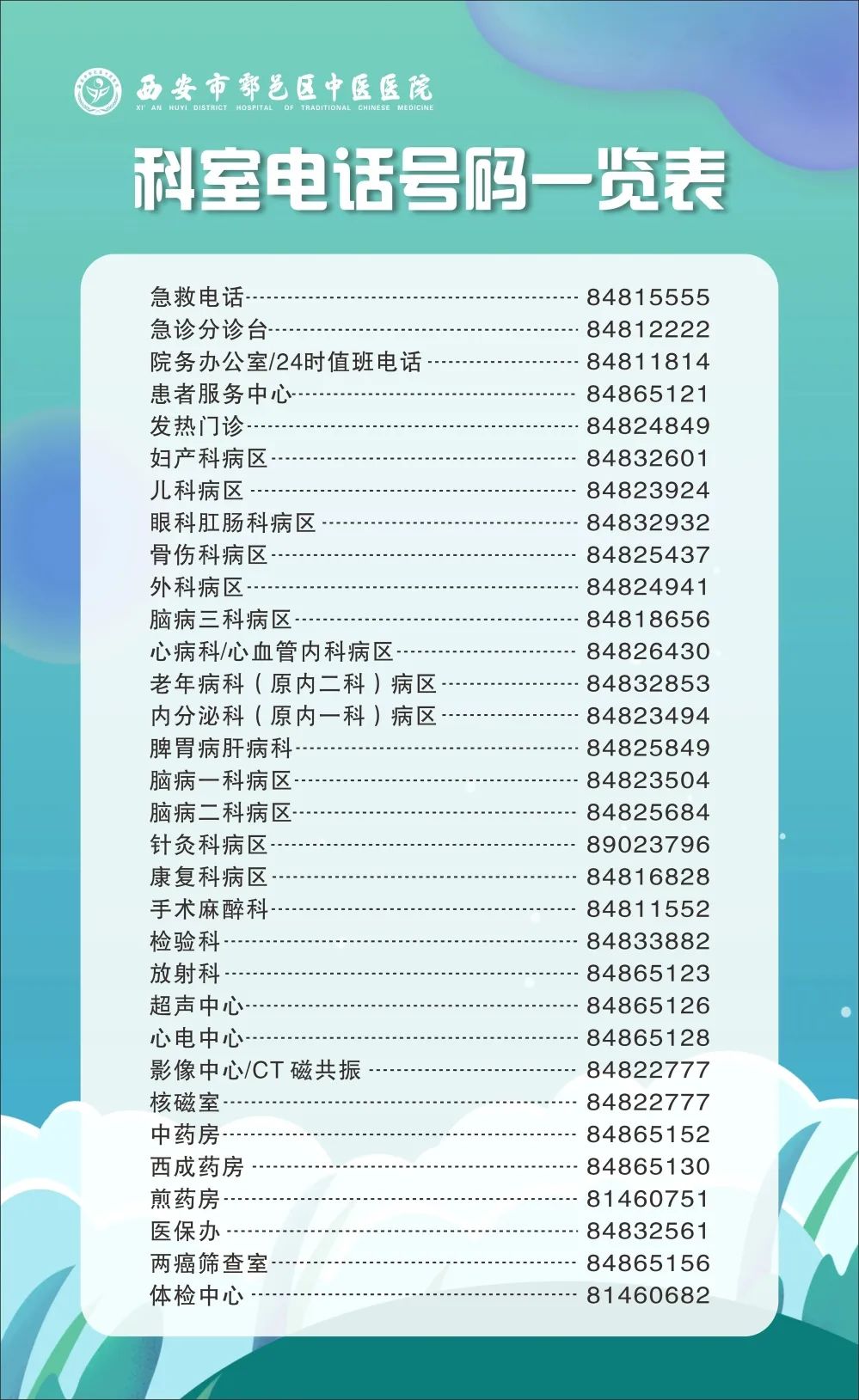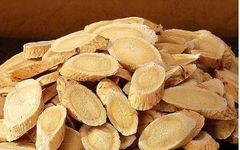
Click above to follow us!
Inheriting the essence of Traditional Chinese Medicine (TCM) and spreading TCM culture
Huang Qi (Astragalus)
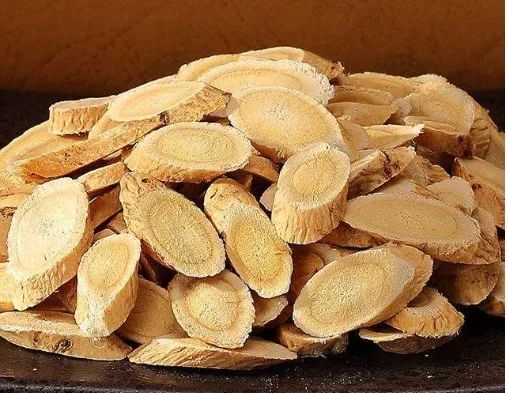
Li Shizhen in the “Compendium of Materia Medica” explains its name: “Qi means long. Huang Qi is yellow in color, being the foremost among tonics, hence the name.”
【Scientific Name】
Huang Qi (Astragalus membranaceus)
【Other Names】
Mian Qi, Huang Qi, Du Shen, Shu Zhi, Bai Ben, Bai Yao Mian, Huang Shen, etc.
【Medicinal Part】
Dried root and rhizome are used for medicinal purposes.
【Properties and Channels Entered】
Sweet, slightly warm. Enters the Lung and Spleen meridians.
【Functions and Indications】
Tonifies Qi and raises Yang, stabilizes the exterior and stops sweating, promotes urination and reduces swelling, generates fluids and nourishes blood, alleviates stagnation and relieves pain, expels toxins and promotes pus discharge, and promotes healing of sores. Used for Qi deficiency, fatigue, poor appetite, diarrhea, prolapse of the rectum, blood in stool, spontaneous sweating, water retention due to Qi deficiency, internal heat and thirst, blood deficiency and sallow complexion, hemiplegia, numbness and pain, difficult-to-heal sores, and chronic ulcers.
【Preparation Method】
Huang Qi: Select the raw material, remove impurities, wash clean, soak thoroughly, cut into thick slices, and dry.
【Precautions】
Huang Qi has the effect of stopping sweating; it is not suitable for those without sweating. It should also be used cautiously in cases of severe heat toxicity. Patients with Yin deficiency may experience heat and blood movement when taking Huang Qi; those with damp-heat or severe heat toxicity may have their condition worsened. Additionally, patients should take Huang Qi according to the dosage prescribed by experts and should not exceed the recommended amount.
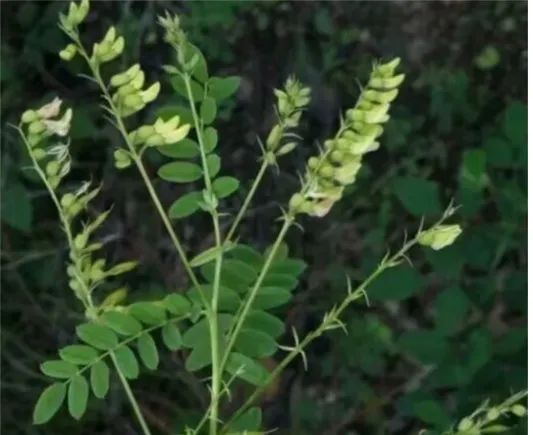
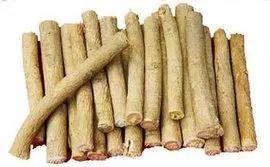
——Excerpt from the “Pharmacopoeia of the People’s Republic of China 2015 Edition, Volume 1”

Historical Anecdote

Huang Qi was first recorded in the “Shennong Bencao Jing” and was not called Huang Qi but Dai Shan. It is said to commemorate a folk doctor named Dai Shan. Dai Shan was over sixty years old, tall and thin, with a slightly yellow complexion, and people respectfully called him “Huang Qi” (Qi means elder in ancient times). He was kind-hearted and humble, saving countless lives. Unfortunately, he sacrificed himself while saving a child who fell off a cliff. After his death, people named a herb that grew near his grave “Huang Qi” in his memory.
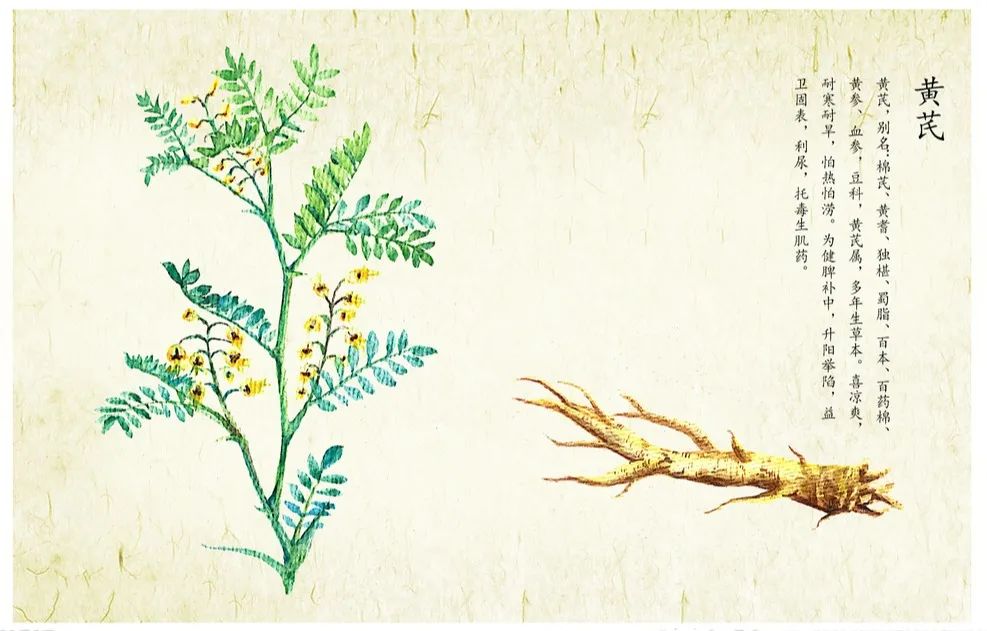
Huang Qi also has another name, Wang Sun: because Huang Qi is yellow, tall, and upright, resembling royal demeanor, it is called Wang Sun. The famous Tang dynasty poet Wang Wei wrote a poem “Farewell” which includes the line “After parting in the mountains, I close the door at dusk. Next spring, when the grass turns green, will Wang Sun return?” Here, Wang Sun refers to Huang Qi.
In contemporary times, there are also some sayings: Start drinking ginger tea at the beginning of summer, and during the dog days, drink Huang Qi porridge. Regularly consuming Huang Qi porridge can help one age gracefully and avoid illness. Huang Qi has a gentle nature, nurturing the Qi of the Spleen and Lung, gradually infusing vitality and blood into the body.
Huang Qi has many benefits, but its primary function remains to tonify the middle and benefit Qi, stabilizing the exterior. In today’s society, the aim of democracy and the rule of law is to strengthen righteousness and drive away evil, allowing “righteous Qi” to flourish and thrive, enhancing resistance to “external evils”.
Specifically for individuals, arming oneself with inner righteous Qi is the decisive condition. Therefore, we should learn from Huang Qi, which grows in the cold northern regions, maintaining its upright stature in the countryside, cultivating a kind and gentle heart, gathering the Yang Qi of heaven and earth, and radiating the character of righteousness into the world. Let us scientifically tonify Qi and accumulate strength for future endeavors.
(Some sources from the internet; if there is any infringement, please contact for removal)

Image and text reviewed | Pharmacy Department
Layout | Publicity Department
Transportation Route

You can take bus routes 102 or 909 to reach here.
Outpatient Service Hours

Monday to Friday: 8:00 AM – 12:00 PM
Afternoon: 2:30 PM – 5:30 PM
(From May 2nd, summer hours will be implemented)
Saturday: 8:00 AM – 12:00 PM
Some outpatient services are available on Saturday afternoons and Sundays
(Holiday outpatient duty will be based on hospital notifications)
